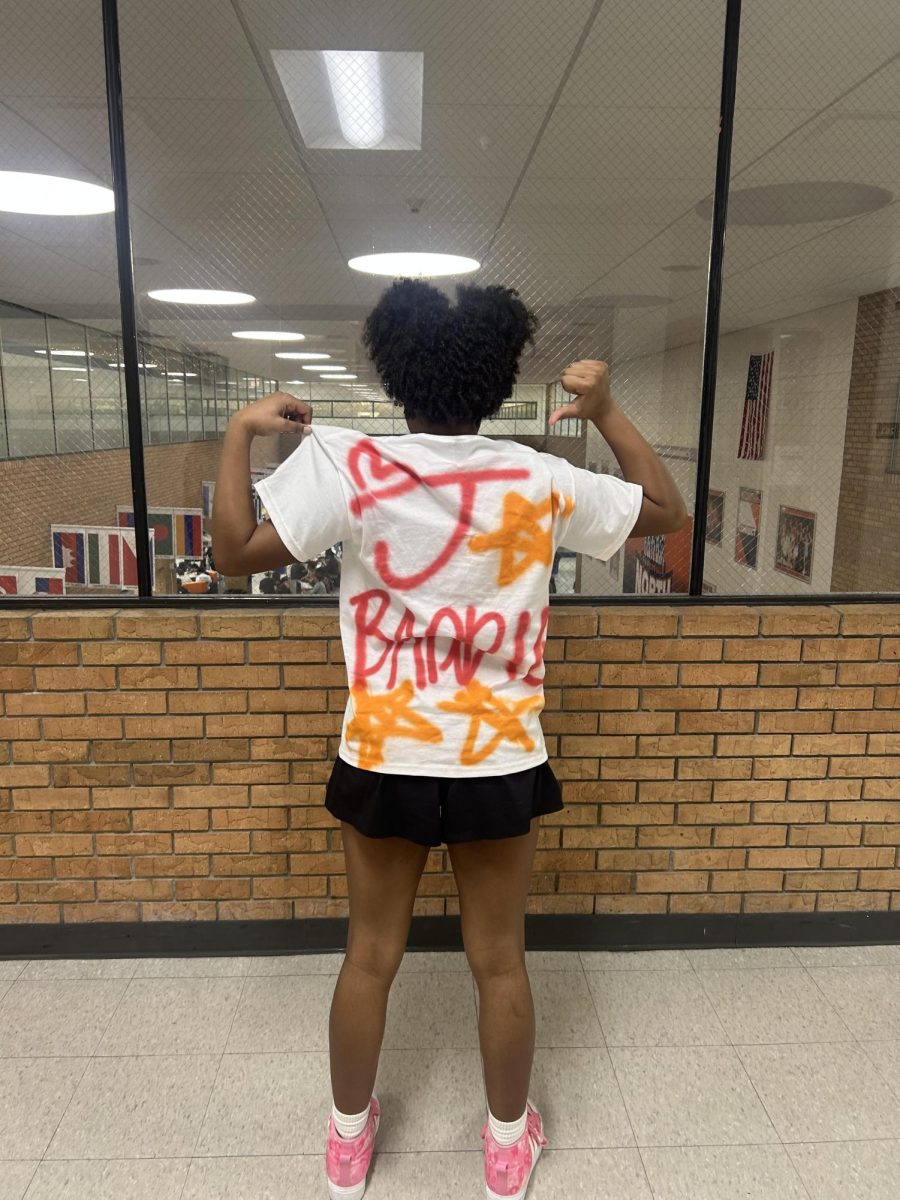By Features Editor Noelle Kirkman
When junior Taylor Kroma’s dad was hospitalized for an angioplasty, many of her friends found out via a bright blue status update that popped up on their iPhone.
Kroma’s dad’s condition soon progressed to an open heart surgery that led to her dad’s eventual dependance on a ventilator. He suffered with seizures, blood clots in his lungs, and a stroke. Each step of the way, Kroma’s updates from her personal Facebook page provided worried friends and family information on his recovery.
Kroma’s Facebook posts focused on the positive aspects of her dad’s recovery.
“[I posted] to not have to retell the story all the time, and my friends wanted updates. I always posted the positive things,” Kroma said. “I try to post the positives of a negative situation.”
Today, it’s hard to log onto any social media site without seeing your friends or followers grieving in some way.
Leila Azarbad, a North Central College assistant professor of Psychology, said social media has become an outlet for expressing emotions.
“It’s almost like public journaling,” said Azarbad. “People use social media now because it’s much easier than writing things in a notebook. The most important reason is because it’s a great way to get social support from people.”
According to Azarbad, social media posts like Kroma’s can be a healthy way to cope with grief.
“[Social Media] helps people express emotion. I’d rather have someone share through social media than not at all. The ideal way is to use social media as a part of grieving, but not as a whole of grieving,” said Azarbad.
Sharing through social media helped Kroma to open herself up to help and support from the community. Because of social media, she did not have to face the situation on her own.
“I struggled with rejecting help from others. When the situation happened I couldn’t handle taking care of everything myself,” said Kroma. “[The Facebook posts] definitely helped my dad and the vibe of the situation. The support was overwhelming.”
Sometimes though, when unfortunate events strike, expressing grief on social media sites can be a challenge.
For many, it’s hard to know how to express their own grief online, how to respond to someone else’s post about grief, and how to properly handle grief through social media.
For the audience seeing the posts, it is often hard to tell how one should react to the new way of sharing one’s grief. Does one “like” it? Comment? Or just ignore the negative post altogether?
“It’s really hard to text people with tone. What does “like” mean? The decision of what to do depends on the person and the relationship,” said Azarbad.
In today’s society, knowing these rules is important because it has become increasingly common to find out about negative events happening to loved ones and friends through social media.
When senior Ryan Hanselman realized that his relationship with his high school sweetheart was over, he turned to social media to share his heartbreak. On Facebook, Hanselman posted a status counting down to the minute how long it had been since he was last single.
“I was just hurt, and I wanted [her] to know that it hurt. I felt like if I told her that she might change her mind,” said Hanselman.
The social media world is accustomed to statuses of teenagers sharing how they feel after a rough situation or day.
Azarbad warned about the fallback of social grieving. She believes those that post should be aware of their audience, and should consider whether or not having an audience can actually help with the process of grieving. Azarbad thinks the grievers should beware of what their Facebook friends can offer them.
When posting about one’s grief, it is important to be prepared for the kind of response the post may get. According to Azarbad, too much social support can actually backfire. A flood of responses can cause a grief-stricken poster to be overwhelmed and stressed about responding to everybody.
Both Azarbad and Hanselman believe using social media as a coping strategy should be limited.
Hanselman found his post only helped him temporarily. He believes students express grief online because they’re trying to figure out their own feelings.
“I think it’s [the student] trying to figure out how to get over it. But until they figure out how they’re truly going to get over it, all [social media] serves to do is take the place of their pain,” Hanselman said. “Initially, I would say it does help. But in the long term it’s probably more harmful than it is helpful.”






